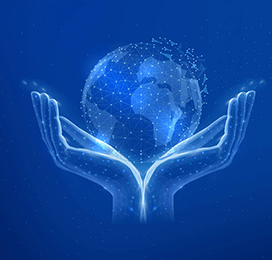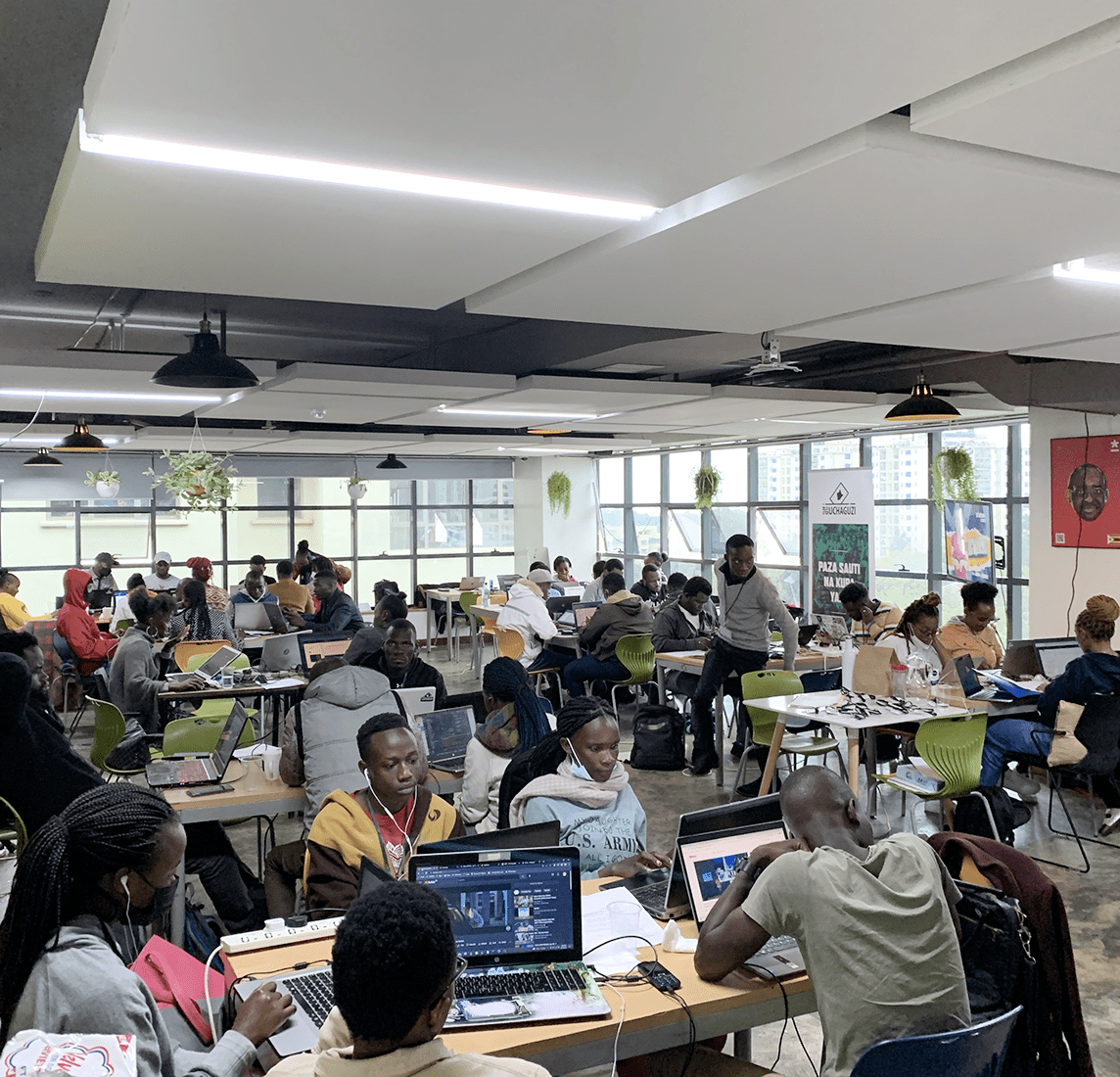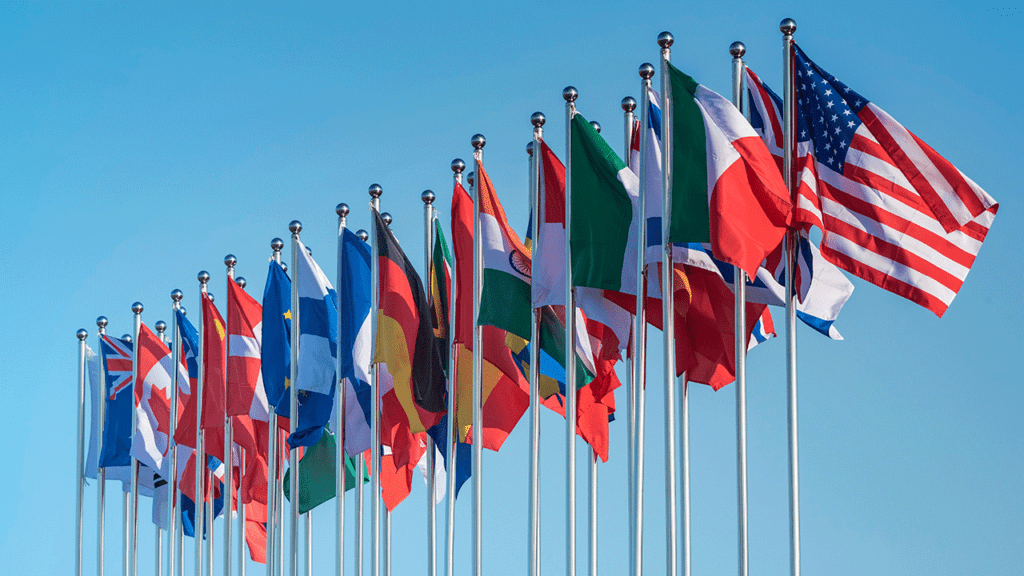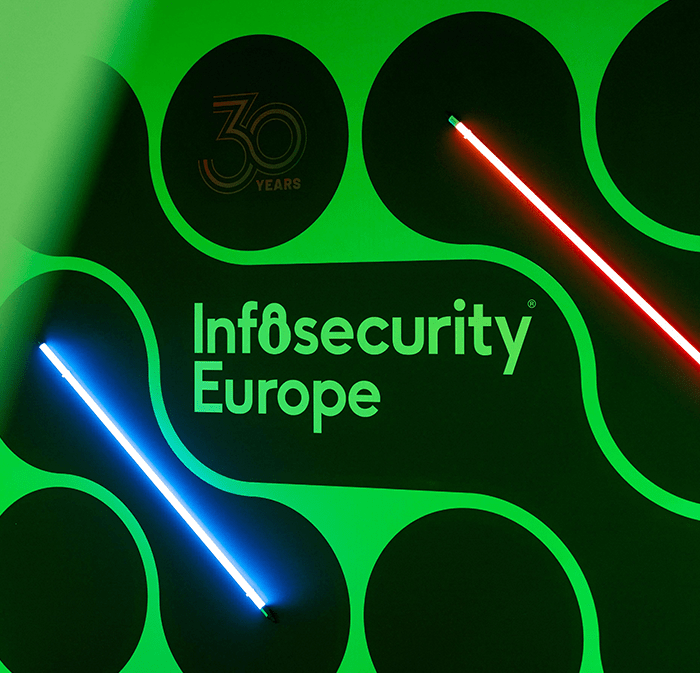About Ushahidi:
- Global not-for-profit technology organization founded in 2008 in Kenya
- Used in 160+ countries with 200K deployments; 25M people reached in critical situations
- Empowers people through citizen-generated data to develop solutions that strengthen their communities
- Runs several technology solutions such as Uchaguzi, an intuitive and accessible crowdsourcing and mapping tool
Elections are an important and integral aspect of democracy, meant to be a mechanism with which citizens can hold their leaders accountable. Since its founding in 2008 in Kenya, Ushahidi has played a critical role in allowing citizens to keep track of election-related violence and human rights issues—and helping global organizations to promote peace, security and citizen participation in electoral processes worldwide.
This work is enabled by Ushahidi’s crowdsourcing technology—specifically via the Uchaguzi platform—which empowers the general public to submit any relevant information on the election or electoral process, including physical incidents and obstacles that might impact a safe and accessible voting process.
Becoming an AI for Good program partner
In 2023, Dataminr announced its public request for proposal (RFP) for participants in its AI for Good program, which provides an opportunity for NGOs and multilateral organizations to collaborate with Dataminr artificial intelligence (AI) scientists to turn their compelling ideas for how to benefit society and the planet into tailored AI solutions.
Upon seeing the RFP, Ushahidi applied with the aim of developing AI models that can help improve its current data management process.
For Ushahidi employees, the crowdsourcing of community voices generates a vast amount of data. Prior to working with Dataminr, processing, classifying and identifying trends through these citizen reports required a highly manual and labor-intensive effort. As a result, critical information wasn’t always processed in time to make a difference and only a small percentage of the data collected was effectively used.
We spoke with Angela Oduor Lungati, Ushahidi Executive Director, to learn about her collaboration with Dataminr—and its greatest benefits—thus far.
The value of partnership with Dataminr
Through the partnership with Dataminr’s AI experts and Social Good team, Ushahidi now has access to three AI models that enable:
- More efficient categorization of data and automated form assignment
- More precise geolocation of data
- Automated parsing of multiple languages including English and Swahili
With these new capabilities, Lungati can already see significant improvements in the Uchaguzi platform within a short period of time, including:
- Increased capacity “that would have costed Ushahidi a lot more” if it had tried to do the work on its own
- Reduced manual load in managing data for Uchaguzi users, letting people focus on telling stories and generate meaningful insights with their data
- Enhanced technology to scale and expand Uchaguzi, meeting its goals in “helping people move from being data rich and insight poor to being data rich and insight rich.”
“The biggest [value] is the ease of manual labor to manage the data,” said Lungati. “The amount of time that is cut down is wild. It really is.”
For several years, Ushahidi largely focused on helping Kenyans stay abreast of critical events and risks to ensure their election day ran smoothly, and that people were safe and able to vote. However, the team knew there was a need to increase awareness and understanding of events in the lead up to the elections that could influence the outcomes.
For instance, are citizens getting adequate access to information around civic education? Are people aware of their rights? What is happening in Kenya today that could potentially impact the 2027 elections? Is climate change an important factor to consider?
Being able to save time and resources through access to the new AI models allows Ushahidi to address this need. Instead of spending hours—even days—on sifting through data, they can now be more strategic about the type of data they need to look for. This enables them to effectively identify trends in activities surrounding the elections that could hinder a safe and genuine election—as well as desired democratic outcomes.
“It’s brought down what would be happening over a couple of days with a hundred volunteers to just a couple of hours,” said Lungati.
More importantly, Lungati emphasized, Ushahidi users are now able to dedicate more time to understanding the data collected to generate meaningful insights that will help them solve problems within their communities.
What’s ahead for Ushahidi
While election monitoring is a primary use case of Uchaguzi and why the team applied for Dataminr’s AI for Good program, Lungati and her team are looking to leverage the new AI models for more social causes.
“The focus for this year will likely be on elections because it’s helping us shape how we develop the [Uchaguzi] product and its accompanying toolkits,” said Lungati, “But there is a keen focus on climate action as well.”
Additionally, the new AI models will enable the scaling of Uchaguzi by helping the team make the platform more intuitive, allowing users outside of Kenya to easily set up and deploy it for their own needs.
“I have no words to describe how useful the partnership has been, especially the kinds of doors and possibilities it’s opening up for us,” said Lungati.

Social Good Newsletter
Get the latest news and resources from the Dataminr Social Good team on upcoming humanitarian projects, events and insights.
SUBSCRIBE




